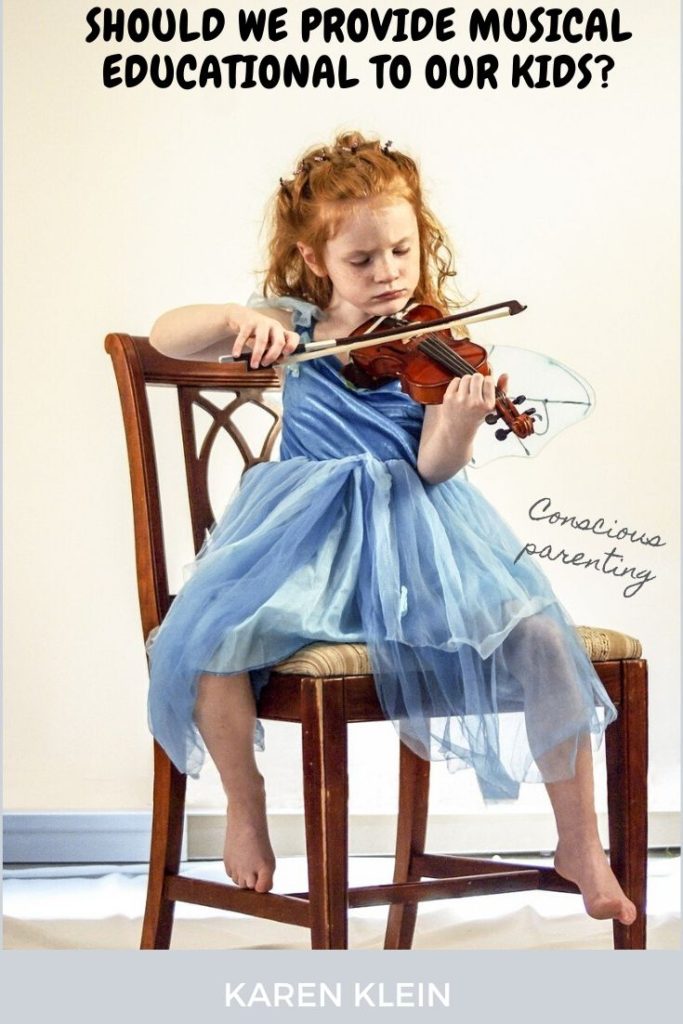
Music education can help spark a child’s imagination or ignite a lifetime of passion. When you provide a child with new worlds to explore and challenges to tackle, the possibilities are endless. Music education should not be a privilege for a lucky few, it should be a part of every child’s world of possibility.
Hillary Clinton
Affiliate links are included to help you easily find the products I recommend. I receive a small commission from purchases made when following these links. I pride myself in only recommending products I know and honestly trust. For more info read the full disclosure.
Music is part of our daily lives from birth, as babies when our parents sing us songs. up to adulthood when we are going to concerts or listening to music on the way to work.
I personally have met many Russian families that strongly emphasize introducing their children to music from very early age, and being very demanding on this aspect. I always ask myself, do we need to push our kids to play music and learn an instrument, or should we wait until they want it for themselves?
I myself learned piano for 6 years from 6 to 12 years old. Here is me then and now as I decided to start playing again after 30 years!

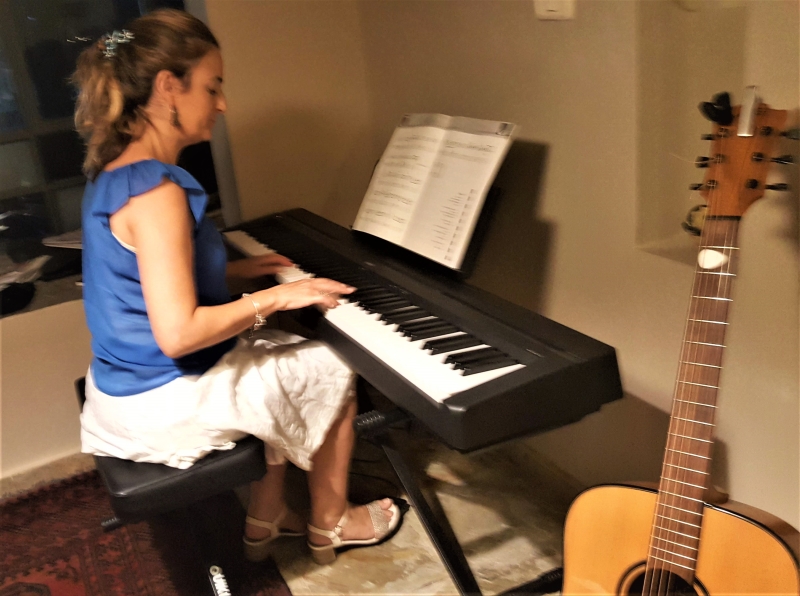
What do I mean by musical education?
The question I ask myself is why is it important? Is it actually really important? Is it something we can provide to our kids at a certain age to help them in life? Is music another must-have tool?
Why is musical education important?
(source: https://www.brighthorizons.com/family-resources/music-and-children-rhythm-meets-child-development)
A 2016 study at the University of Southern California’s Brain and Creativity Institute found that musical experiences in childhood can actually accelerate brain development, particularly in the areas of language acquisition and reading skills. According to the National Association of Music Merchants Foundation (NAMM Foundation), learning to play an instrument can improve mathematical learning and even increase SAT scores.
But academic achievement isn’t the only benefit of music education and exposure. Music ignites all areas of child development and skills for school readiness, including intellectual, social-emotional, motor, language, and overall literacy. It helps the body and the mind work together. Exposing children to music during early development helps them learn the sounds and meanings of words. Dancing to music helps children build motor skills while allowing them to practice self-expression. For children and adults, music helps strengthen memory skills.
In addition to the developmental benefits, music at it’s core brings us joy.
Games to encourage Musical education for All Ages:
Musical gifts for toddlers (2-5):
Musical gifts for School-Age children:
Musical gifts for tweens:
Benefits of Musical education:
- Music improves memory.
- Music helps develop language and reasoning skills. The area of your brain that deals with language and reason also deals with music, actively using that part of the brain keeps your skills sharp. The left side of the brain is better developed with regular musical training when you are young.
- Increased coordination. Music is like sports in that it can improve hand eye coordination. Music and sports both help children develop their small motor skills when they are playing.
- Students develop higher standards in their work. Learning music requires practice and perseverance. Students strive to create great work instead of mediocre work. This is a work ethic that can be used in every area of study.
- Music students learn self discipline. Kids who master a musical instrument learn valuable lessons in discipline. Every day time must be set aside for practice and learning or creating new music.
- Music builds teamwork. It is not just sports that teach children the value of teamwork, music does as well. Kids who perform in orchestras or bands need to work together for musical performances. They learn the value of working together and build camaraderie and friendships along the way.
- A strong sense of accomplishment. Learning to master a new piece of music is a difficult but achievable goal. Even the smallest piece of music leaves a student proud of their accomplishments.
- Music develops creative thinking. Children with a background in the arts learn to think creatively. This is a life skill that can help in every aspect of your life, solving problems without visible solutions and the prospect of more than one answer.
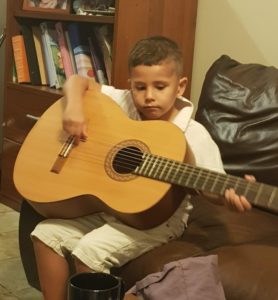
Interesting facts from research about music:
- In 2013, researchers studied the effects of music on 272 premature infants in a neonatal intensive care unit, and they found that playing lullabies to the babies resulted in multiple positive behaviors, including lower heart rates and higher caloric intake.
- In the 1990s, a scientist named Sheila Woodward of the University of Capetown set out to determine whether a fetus can hear music, so she placed a two-inch, underwater microphone into the wombs of women in labor. Woodward discovered that music is detectable in the womb. She also found that the heart rate of fetuses becomes elevated while the music is playing, so they can very likely hear it and even react to it.
- Music often triggers memories in people and, it turns out, it can do the same thing in people who have impaired memories. In one 2013 study, a handful of people who had brain injuries scored higher on a test of autobiographical memories while listening to a playlist containing number one hit songs from 1960 through 2010.
- A 2012 study found that while cyclists pedaled in time to music, they needed seven percent less oxygen than cyclists who pedaled to silence.
Source: https://www.mentalfloss.com/article/79205/25-facts-about-science-music
I found 2 additional interesting articles about music education and kids I wish to share here:
so here are some musical instruments to buy from around the world that will also give back …for a great cause:
from: Ten Thousand Villages
from: Ten Thousand Villages
from: Ten Thousand Villages
So it is hard to know if we, as parents, should push or not for early musical education. I personally today believe it is our role and duty to encourage and especially expose our babies, toddlers, kids to music (like many other things like sport, science, arts) but then listen to their needs and interests and act accordingly. Pushing a child to play a certain instrument might not bring the joy and all the benefits with it but once they are ready and show interest, be there to act and make sure this happens…
Tip!! In case you wish to download music notes, feel free to use Musicnotes![]() or at
or at 

In addition to those selected toys and gifts, i highly recommend you to read about “Shopping for a cause: Gifts, toys and essentials for kids”
I hope you found this article interesting, and that it will help you for your next purchase!
You can SUBSCRIBE HERE to receive future posts to your mailbox and follow me on Pinterest.
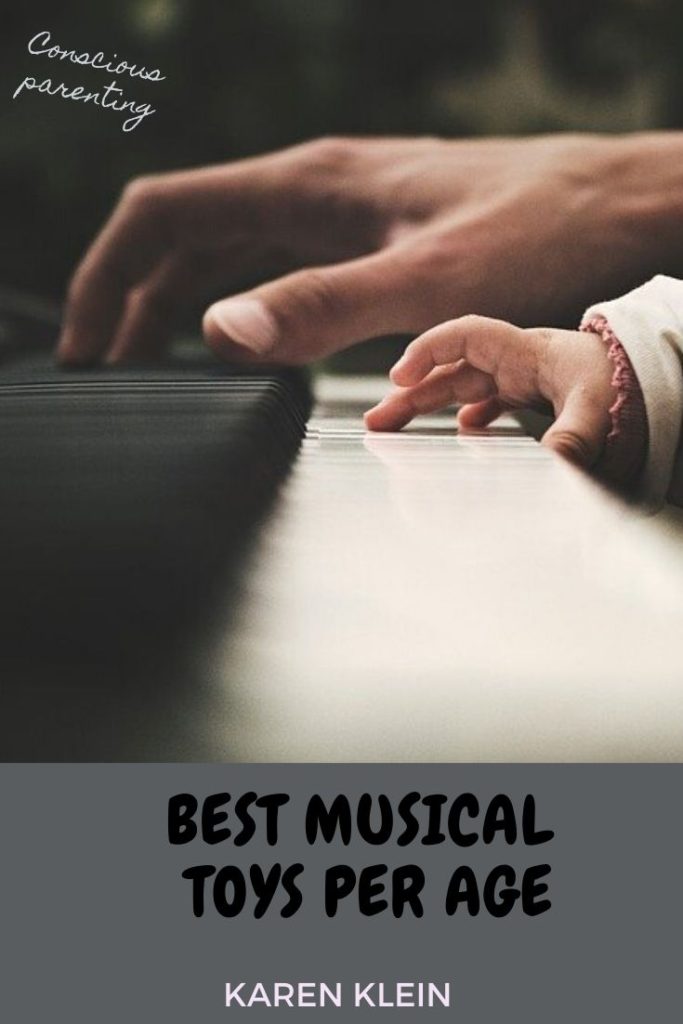
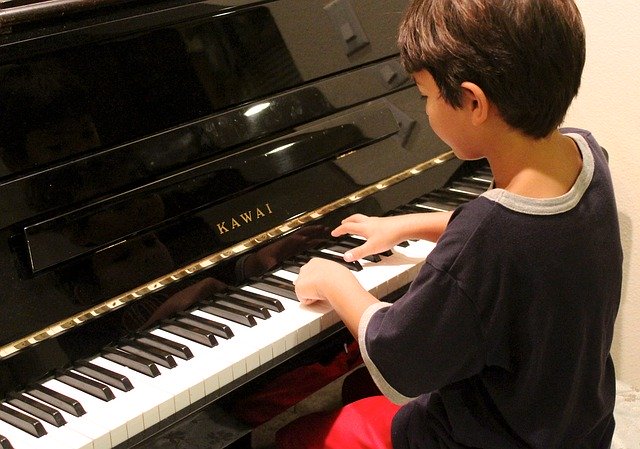








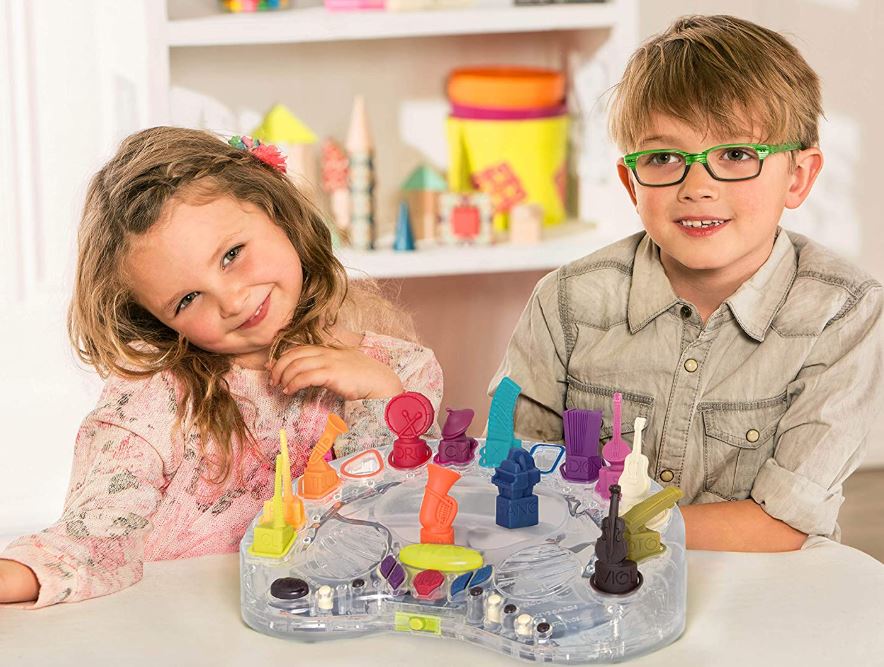

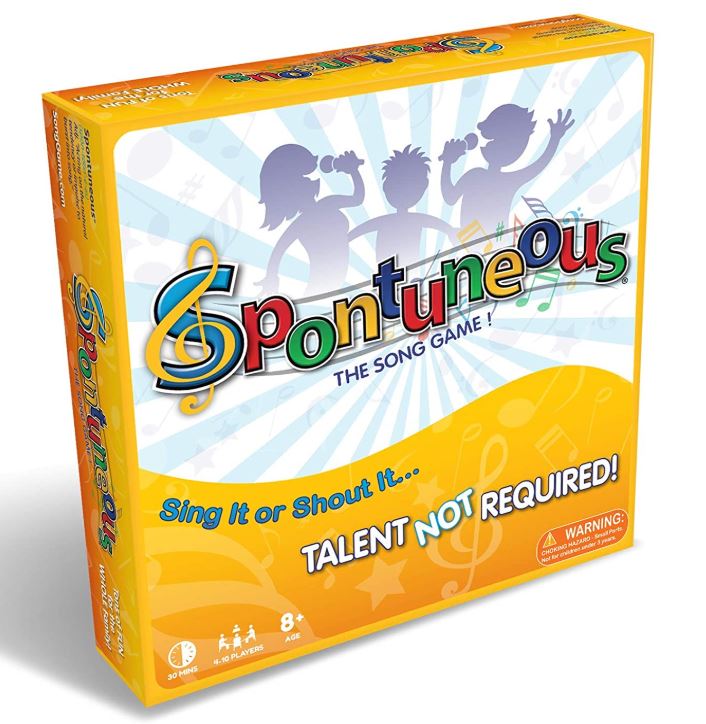








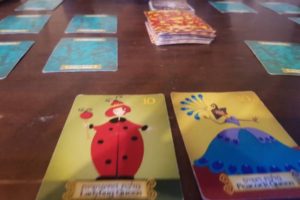
I totally agree with starting music for children at a young age! I also turn on music so that she can feel safer when sleeping.
Yes, indeed, music is very important for the full development of a child. Thank you for the great ideas!